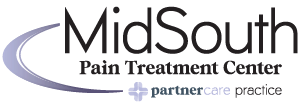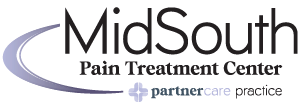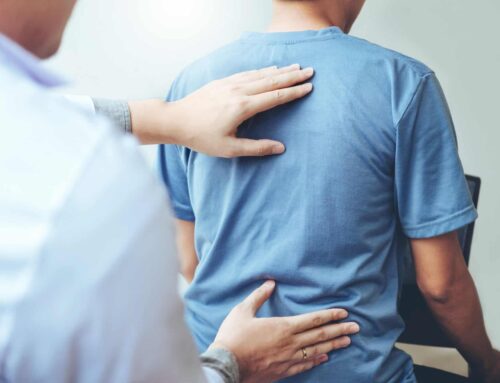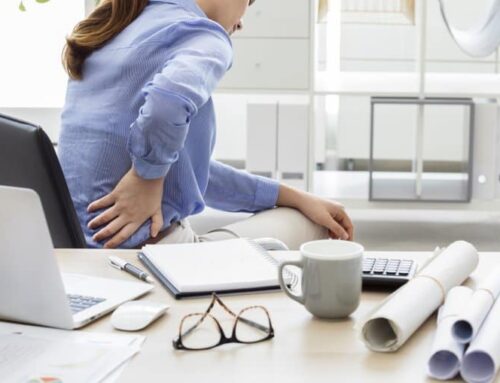Herniated discs are a common problem among people who spend long hours sitting at their computers and those who perform heavy lifting. They are also known as “slipped discs” because they occur when the disc between two vertebrae becomes damaged. The damage causes the disc to bulge outwards and press against the spinal cord.
A herniated disc can cause severe pain and numbness in the legs and feet. It can also lead to weakness and paralysis. In fact, it is estimated that around 80% of people who suffer from back pain have a herniated disc.
If you are experiencing symptoms such as leg pain, numbness, tingling, or weakness, then you should see a doctor immediately. A herniated disc can be treated using surgery, medication, physical therapy, or other non-invasive treatments.
But, what about herniated discs in women?
In this article, we will explore the occurrence of herniated discs as it pertains to female patients and their unique concerns—as well as treatment and prevention.
What are the Causes and Risk Factors of Herniated Discs in Women?
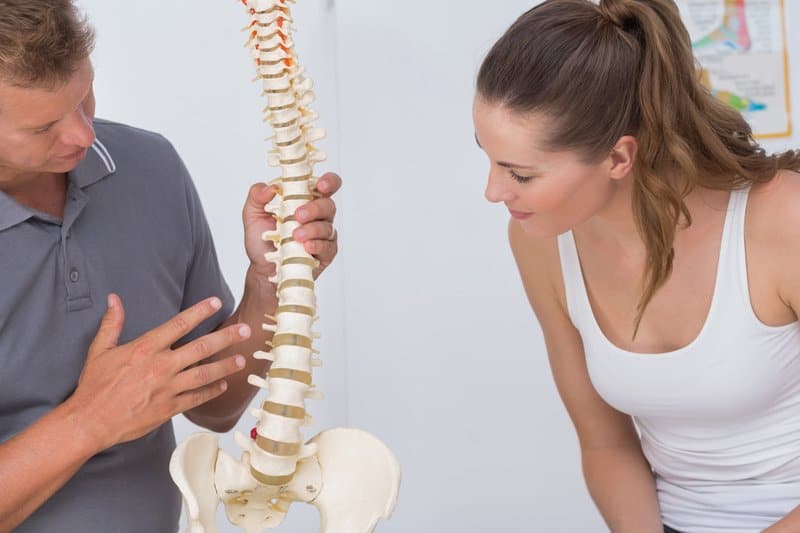
The common causes of herniated discs in women include pregnancy, obesity, genetics, and previous back injuries. The risk factors for herniated discs in females include age, weight, height, a sedentary lifestyle, and ethnicity.
You might notice that these causes and risk factors are not very different from that of men. Indeed, the biggest differences between the two groups pertain to pregnancy and osteoporosis.
Pregnancy and Herniated Discs
Pregnancy is not usually the direct cause of a herniated disc unless the patient has a severe case of osteopenia or has recently suffered a traumatic injury to the back. Other factors may be contributing to the development of a herniated disc, including an underlying condition, pre-existing injury, or recent spinal cord injury, but it’s more likely that the pain stems from the normal physiological changes taking place in the female body during pregnancy.
Pregnant women should bear in mind that lower back pain, as well as pelvic pain, are very common during pregnancy. This is due to increased pressure and strain on the lumbar spine and the pelvic girdle.
Treatment for herniated disc pain is limited in pregnancy. Options include physical therapy that uses pregnancy-safe exercises and NSAIDs approved for use during pregnancy. Always consult with your OB/GYN about any pain you are experiencing as well as options for pain relief.
Osteoporosis
Osteoporosis is a disease that causes bones to become brittle and weak. This condition creates more risk of herniated discs as well as broken bones due to bone weakening.
Women are at higher risk of developing osteoporosis due to hormonal changes. This is particularly the case in menopausal women.
The best way to prevent osteoporotic fractures and weakening is to maintain a healthy lifestyle. Exercise regularly, eat a balanced diet and avoid smoking. In some cases, physicians may recommend that women take supplements to enhance their bone health.
What Does a Herniated Disc Feel Like?
A herniated disc will often be accompanied by sharp pain. Depending on the location of the protruding disc, numbness, weakness, and other uncomfortable sensations may be present.
Cervical
If you have a herniated disc in your cervical spine (neck), it will feel like a sharp pain that shoots from the base of the skull through the neck into the arm. This pain is often worse at night and is relieved by lying on the side.
Cervical disc herniation may result in numbness or sensations of weakness that runs down one or both of the arms.
Thoracic
A herniated disc in your thoracic spine feels like a sharp pain in your back. Usually, this pain will be limited to the upper back but it may continue along the affected dermatomal (single nerve root) pathway.
Coughing and sneezing will often cause more pain with this type of herniated disc.
Lumbar
Herniated discs in the lumbar region (low back) often cause numbness, tingling, and burning in one or both legs in addition to sharp pain at the disc site.
These common symptoms can be confused with another condition called sciatica (inflammation of the sciatic nerve). A qualified medical professional can help you determine the cause of your pain and discomfort.
Herniated Disc Prevention
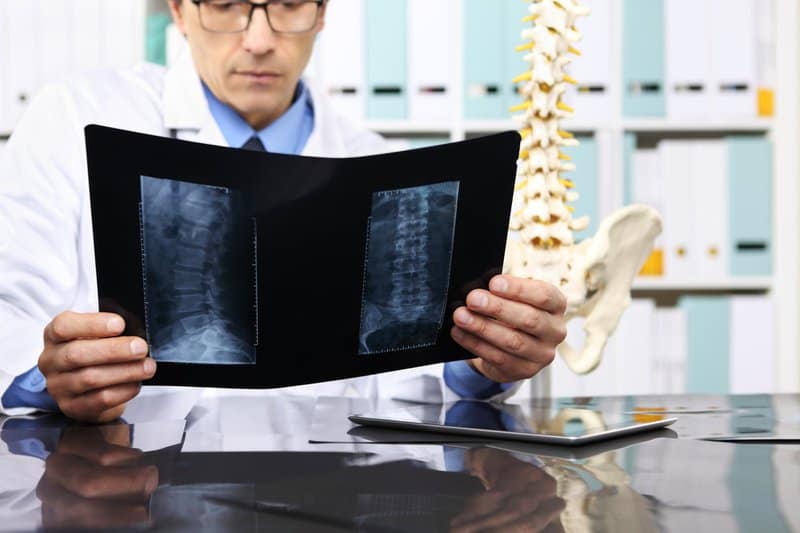
Women should take care to prevent osteoporosis by maintaining a healthy lifestyle and working in conjunction with medical professionals to monitor bone health during and after menopause. Pregnant women should take extra care when lifting and sitting for prolonged periods. There are pregnancy “belly belts” on the market that can take some of the strain off of the low back. Always speak to your OB/GYN about any discomfort you may be experiencing.
Both men and women should follow these tips to prevent herniated discs:
- Maintain good posture while sitting, standing, and especially when lifting heavy objects. When standing and walking your shoulders should be back and down and your abdominal muscles engaged. When sitting, take care not to slump forward. Be sure to lift with your knees and not your back when lifting.
- Stay at a healthy weight. Limiting the amount of weight carried in the abdomen will help reduce the strain on the lower back.
- Exercise regularly and safely. Regular exercise will help strengthen the muscles which help support the spinal column. Take care to maintain proper posture when exercising.
- Don’t smoke. Smoking has been linked to diminished bone health.
Treatment Options for Herniated Discs
In mild cases, herniated discs will heal on their own at home with rest or through conservative treatment options.
Conservative treatment options for herniated discs include:
Physical Therapy
Physical therapists use exercises, heat packs, massage, electrical stimulation, ultrasound, traction, and manual manipulation to help improve movement and reduce pain. They also teach patients ways to strengthen their muscles so they don’t get injured again.
Medication
Anti-inflammatory drugs, muscle relaxants, antidepressants, anticonvulsant medications can aid in pain relief and inflammation associated with herniated discs.
Injections
Corticosteroid injections are sometimes an option for pain relief.
Severe cases will often require surgical solutions to repair the damaged disc. To determine the severity of the disc herniation, your physician or spine specialist will order a physical examination and imaging tests. An MRI (Magnetic Resonance Imaging) will provide your doctor with the information they need to move forward with either nonsurgical treatment or more invasive treatment options.
When to See a Pain Management Doctor for Herniated Discs
If you experience severe back pain that does not resolve with initial treatments (approximately four to six weeks), then you should see a pain management specialist.
Herniated discs can be fixed through surgery, but this is not always an option for all patients. Untreated herniated discs present with their own list of complications. Pain management specialists can provide you with alternative options to relieve your pain.
Some treatment options a pain management doctor might recommend include,
Physical Therapy
As noted above physical therapists can use a number of tools to help reduce pain. They can also help educate patients on how to prevent new injuries.
Spinal Cord Stimulation Therapy
This type of treatment blocks pain signals sent to the brain by stimulating spinal nerves.
Radiofrequency Ablation
Using an electrical pulse, this treatment interrupts pain signals sent to the brain.
Anti-Inflammatories (NSAIDs) and Opioid Therapy
While commonly used to treat back pain associated with herniated discs, NSAIDs and opioids have come with many side effects of which you need to be aware. NSAIDs often cause issues with the stomach lining so it is best to use these drugs short-term. Opioids are highly addictive and when in use impair physical and cognitive function.
What Should You Ask Your Pain Management Doctor at MidSouth Pain?
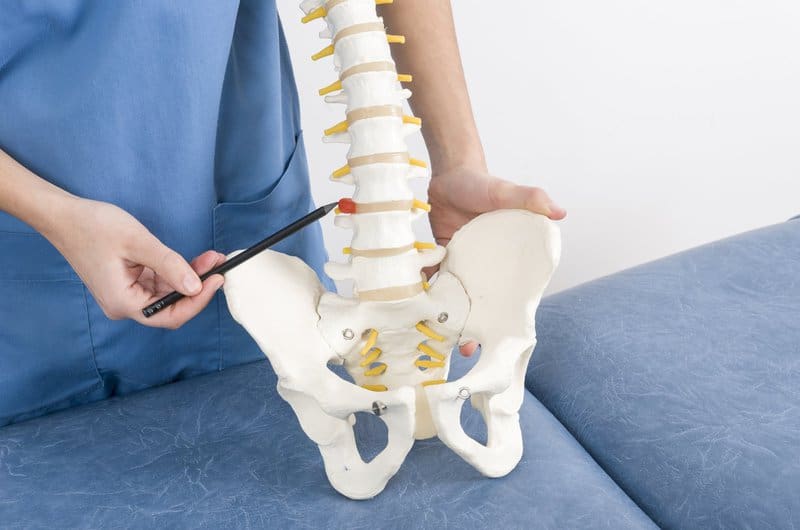
Here are some questions you might ask your pain management doctor at your first appointment:
- What activities should I be doing? What should I avoid doing?
- How much should I rest?
- Should I use ice or heat? Or both?
- What over-the-counter (OTC) medications should I take? For how long?
- What are my non-surgical treatment options?
- When should I consider surgery?
- What types of surgery might be an option for me?
- Are there any alternative therapies I should consider?
The pain management specialists at MidSouth Pain are prepared to help you create a treatment plan to manage your herniated disc pain. With five clinics and two surgery centers throughout Tennessee and Mississippi, Midsouth Pain is ready to provide you with the best level of pain management care available.
Schedule an appointment today!
